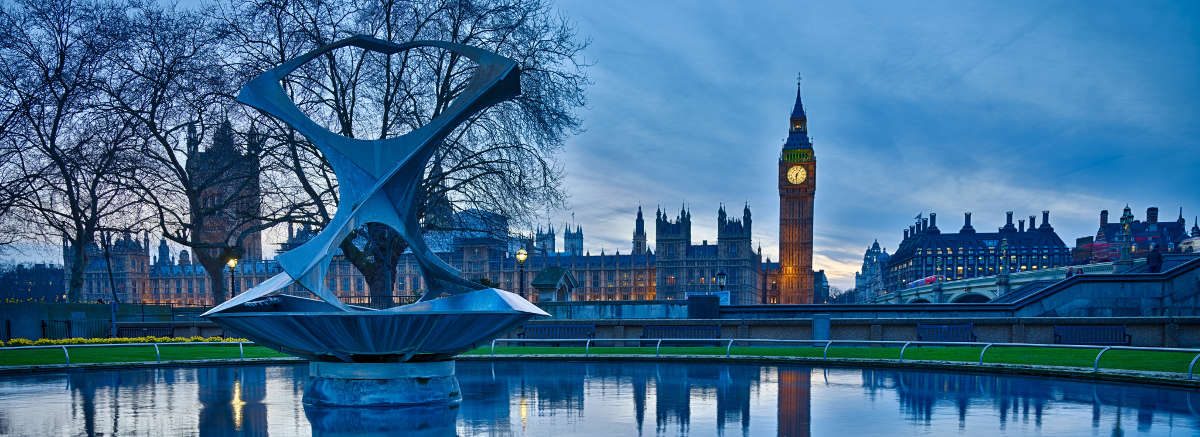Written by Mr Paul Pracy
Robert Pracy was born in Atherstone, Warwickshire. He went to school at Atherstone Grammar School in 1929. In 1932 he became a boarder at Berkhamsted School in Hampshire. He went to St Bartholomew’s Hospital Medical School in 1939 and started his medical degree. Following the outbreak of the war the preclinical school was evacuated to Cambridge, where the two year preclinical course was compressed into four terms. He stayed in Cambridge for another nine months to work in the anatomy department before returning to London.
The wards at Bart’s had been cleared to make room for air raid casualties and so much of the clinical course was taught in the ‘sector’ hospitals, Friern Barnet and Hill End near St Albans. He qualified MRCS LRCP in 1944 and MBBS the following year, while doing his surgical house job.
In 1947, after completing a number of junior attachments in London, he was posted to Trieste for his national service. This sparked a life long affection for all things Italian and he was proud of his conversational Italian, which he took every opportunity to use. On his return to the UK, on the advice of his life long friend Robin McNab-Jones, he decided to embark on training as an ENT surgeon. He was a registrar at the Royal National Throat Nose and Ear Hospital at Gray’s Inn Road and Golden Square and then a Senior registrar in Manchester. He passed his FRCS in 1953.
In 1954 the Regional Liverpool Board appointed him as Consultant surgeon with clinical sessions in Warrington and Wigan. He was the first surgeon in the region to use an operating microscope for otology and so quickly developed a good reputation for his surgical innovation. In 1959 he was appointed to the United Liverpool Hospitals and in 1960 to Alder Hey Children’s Hospital. This latter appointment was to prove the platform from which he would develop his reputation as a pioneer in paediatric ENT with a particular interest in paediatric laryngology. As a child he had developed a keen interest in photography and he brought this to his work with assiduous photo-documentation of his patients.
In 1976, having established an international reputation as a leading paediatric ENT surgeon he was invited to apply for a Consultant post at Great Ormond Street with sessions of adult ENT at The Royal National Throat Nose and Ear Hospital. He retired from clinical practice in 1981 at the age of 60 to embark upon a busy retirement. He was appointed as Dean of the Institute of Laryngology and Otology (1981-85). During this time he studied for an MPhil in the Comparative anatomy of the Larynx (1984 London University). This academic work introduced him to the world of computers, with which he would maintain a fascination for the rest of his life. Well into his 90s he would browse computing magazines for new software with which to enhance his pastimes.
During his career he served as; Director of the Department of Otolaryngology at the University of Liverpool, Member of the Court of examiners at both the Royal
College of Surgeons and the Royal College of Surgeons Ireland and both as a member and Chairman of the SAC for ENT. He was awarded an Honorary FRCSI in 1982 and held Honorary Membership of the Irish Otolaryngology Association, The Association of Otolaryngologists of India and the Polish Otolaryngological Association. He delivered the Yearsley Lecture in 1976, the Joshi Lecture in 1978, the Wilde Discourse in 1979 and the Semon Lecture in 1980. He served as President of the British Association of Otolaryngologists in 1980 and as President of the RSM Section of Laryngology between 1982 and 1983. In 1982 he became a member of the Pensions Appeal Tribunal and went on to serve as Medical Chairman.
As a teacher and trainer he was both adored and feared in almost equal measure by his students. He had a fearsome reputation as an examiner, as he would meet all answers with the same deadpan expression, always careful to give no false encouragement or to dash fragile confidence. In all things he strove to be scrupulously fair. He did not suffer fools but had a good sense of humour and was always ready to laugh at himself.
As a child he had developed keen interests in photography, engraving and painting, all of which he continued to pursue throughout his life. As well as his love of Italy he enjoyed France and had a share of a house (Camille) in the Lot et Garonne where he used to go with friends and family. He loved to paint in France and many of his best watercolours were painted during his visits to Camille. After his retirement he bought a flat in Grasse where he would go for the warmer winter weather. He taught himself French from a tape cassette course and like his Italian he was keen to engage in conversations with local people while on his travels.
He had a good knowledge of classical music and a deep appreciation of literature (both the classics and modern) as well as the theatre, a particular interest of his wife Betty. He was very supportive and proud of her academic pursuits, which saw her do degrees in Philosophy and English in her 50s and complete an MPhil in Shakespearian Studies at the age of 77. He was always interested in what made children tick and took a very keen interest in the development and interests of his own children, grandchildren and great grandchildren. He was a devoted and loving husband, father, grandfather and great grandfather. He managed to keep his mind active even as his body was failing and was always full of questions and challenging of opinions right up until his death, which followed a short illness.
